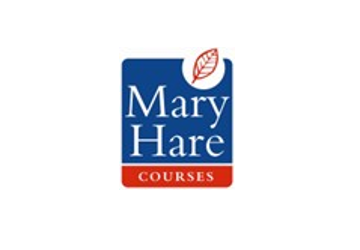The Scottish Government has published their report: All Learners in Scotland Matter – national discussion on education.
5.2.6 makes reference to QToD and QTVIs
“To achieve the aspirations of meeting the needs of all children and young people, it was proposed that more teachers were needed to enable smaller class sizes and more capacity for individual support and time with learners. We also heard about the importance of hiring and training more support staff. There were also calls for increasing the number, status, training, and career opportunities for specialist staff, such as Support for Learning teachers, Qualified Teacher of Children and Young People with Vision Impairment (QTVI) and Teacher of Deaf (ToD). We also heard about the importance of diversifying the education workforce, including attention to addressing barriers for the recruitment, retention, and promotion of a diverse workforce.”
5.2.17 makes reference to “recognition of BSL as medium of education available to every learner that needs this, irrespective of where they live in Scotland or what school they attend, was proposed.”
Several of the suggestions for children and young people with disabilities and long-term conditions also reflected comments made about supporting and valuing all forms of ASN. For example, the importance of therapeutic approaches and trauma-informed teaching for delivering on The Promise Scotland[11] to support care experienced children and young people. The importance of English as an Additional Language (EAL) and recognition of BSL as medium of education available to every learner that needs this, irrespective of where they live in Scotland or what school they attend, was proposed. The use of interpreters and communication with new immigrant, asylum seeking, and refugee families was proposed to ease the transition of children and young people into education in Scotland. As well as supports for language learners, some young people proposed that they would like to learn a range of languages to communicate with each other in people’s languages and to minimise stigma or bullying. The recognition and provision of Gaelic medium Education was also noted.
“An important value is equity (for everyone to have equal access to education). To achieve this we will need to build schools where there are lifts so schools are accessible buildings to meet all learners and schools should have more staff to help the needs of kids with disabilities like dyslexia, autism or down syndrome.” (Baljaffray Primary School, children and young people group)
“The optimal learning environment for Deaf children whose future will have signing at its centre is one in which BSL is the medium of education. Wherever possible, this means a whole school that has BSL at its heart as its primary language in every aspect of operation: signing pupils, signing assistants, signing teachers, signing headteacher, signing administration. We consider this to be the ultimate target and the ideal environment to nurture capable, confident, happy and resilient Deaf lives.” (British Deaf Association Scotland)



